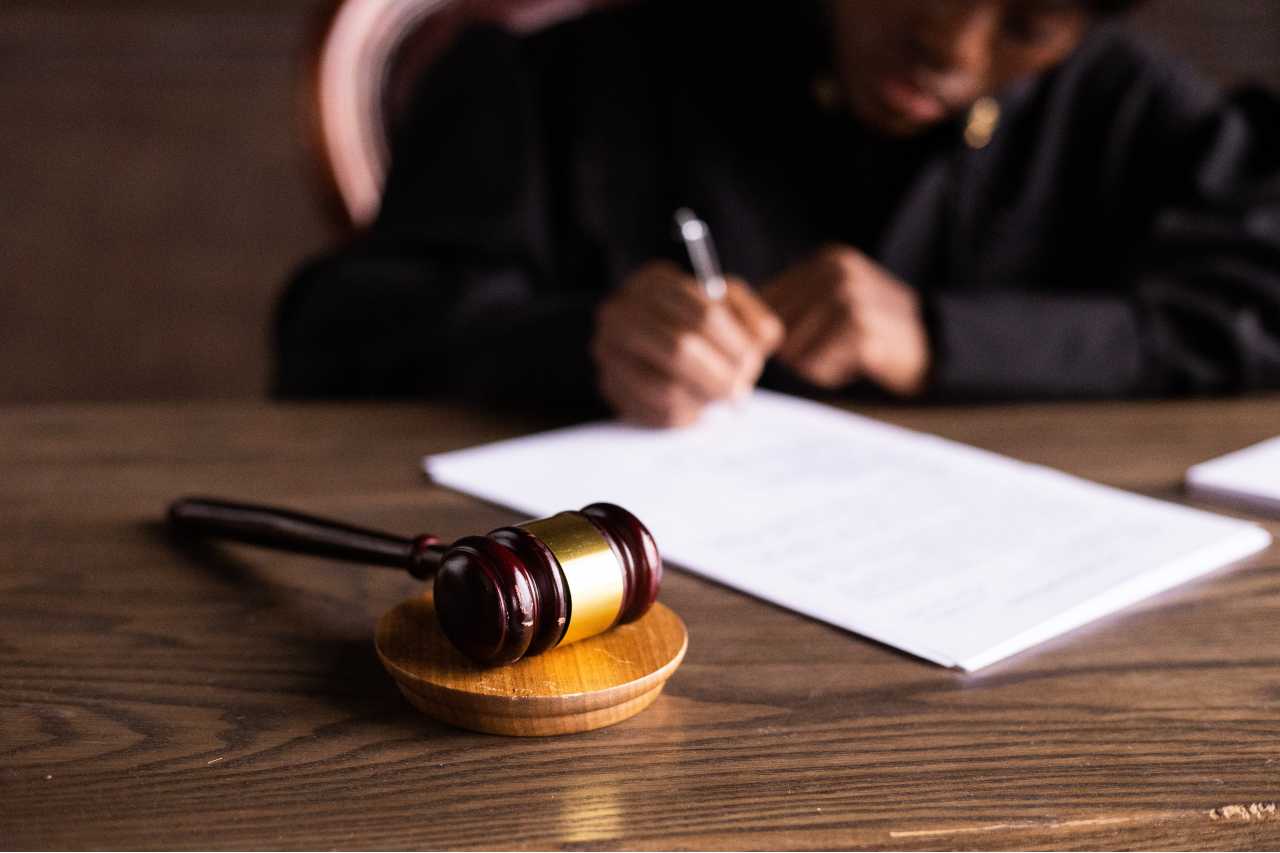If you are a member of a Texas limited liability company (LLC), it is important to understand that LLCs provide a level of liability protection to their members.
This means that, in most cases, a member of an LLC cannot be held personally liable for the debts and obligations of the LLC. This principle was demonstrated in the case of Ingalls v. Standard Gypsum, Ingalls v. 70 S.W.3d 252 (Tex. App. 2001).
Facts & Procedural History
In this case, Ingalls, a construction company, sued Standard Gypsum, a manufacturer of gypsum wallboard, for injuries sustained by an Ingalls employee on a construction site. Standard Gypsum argued that it could not be held responsible for the accident because it had no control over how Ingalls used the wallboard.
The Texas Court of Appeals rejected this argument, stating that a manufacturer can be held liable for injuries caused by a defective product even if the manufacturer had no control over how the product was used. However, the court also made it clear that the LLC members of Ingalls could not be held personally liable for the company’s debts and obligations.
Liability of Texas LLC Members
In Texas, the limited liability of LLC members is provided for under the Texas Business Organizations Code (BOC). The section dealing with the LLC rules is referred to as the Texas Limited Liability Act.
Section 101.114 states that an LLC member is not personally liable for the debts, obligations, or liabilities of the LLC solely by reason of being a member.
This means that, in most cases, a Texas LLC member cannot be held personally responsible for the debts and obligations of the LLC, even if the LLC is unable to pay its debts.
There are some exceptions to this general rule. For example, a Texas LLC member may still be personally liable if they personally guarantee a debt of the LLC or if they engage in misconduct or fraud while acting on behalf of the LLC.
It is important to note that the limited liability of LLC members applies only to the debts and obligations of the LLC. LLC members may still be personally liable for their own actions or conduct, even if those actions are taken on behalf of the LLC.
The Texas Charging Order
Texas law does provide for a charging order against an LLC. A creditor may seek a charging order against an LLC as a way to satisfy a debt owed by an LLC member. This is different than suing the LLC itself.
A charging order is a court order that directs an LLC to pay the debt owed by an LLC member to the creditor instead of the member. The creditor can then use the charging order to collect the debt from the LLC’s assets. However, it is important to note that a charging order does not give the creditor any ownership interest in the LLC or any control over the LLC’s operations.
In Texas, a creditor may seek a charging order against an LLC by filing a lawsuit against the LLC and the LLC member who owes the debt. The creditor must then obtain a judgment against the LLC member and request a charging order as part of the judgment. If the court grants the charging order, the LLC will be required to pay the creditor out of the member’s share of the LLC’s profits or distributions until the debt is paid in full.
It is important to note that a charging order is not the only way for a creditor to collect a debt from an LLC member. A creditor may also seek to garnish the member’s wages or seize the member’s personal assets to satisfy the debt, for example.
The Takeaway
This case illustrates the importance of LLCs in providing liability protection to their members. If you are a member of a Texas LLC, it is important to understand the extent of your liability protection and to take steps to ensure that your personal assets are protected.
We can help with this. Call us to get a better understanding of the liability protection provided by your LLC and what steps you can take to protect your personal assets.


